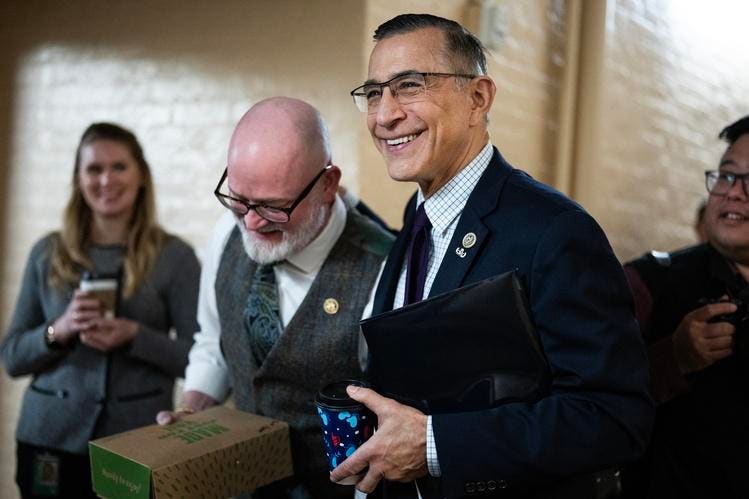The proposed Pro Codes Act has sparked debate within tax circles, particularly concerning its implications for tax policy and legal accessibility. The Act would allow elements of the law to be copyrighted by standards development organizations (SDOs). This change could have significant implications for taxpayer rights and the principle of open law, potentially impacting the transparency and accessibility of tax regulations.
Standards development organizations like the Financial Accounting Standards Board play a crucial role in crafting standards that are incorporated into statutory and regulatory frameworks. Currently, once these standards become part of the law, their copyright status becomes ambiguous. The Pro Codes Act aims to explicitly allow SDOs to retain copyright over their standards even after they are codified into law. This could mean that portions of the law may be subject to copyright restrictions, affecting how these materials can be accessed, used, modified, and shared.
One concerning aspect of the Pro Codes Act is the potential barriers it may create for research and compliance. Taxpayers and professionals rely on clear and accessible information to fulfill their legal obligations. If portions of the tax code are copyrighted, individuals may face hurdles in accessing the full text of the laws they are required to follow, leading to increased compliance costs and legal uncertainty.
The concept of anyone “owning the law” is seen as antithetical to democratic principles, as it could make laws more difficult to access, particularly for individuals or organizations with limited resources. The Act could also pose challenges for individuals with disabilities who rely on accessible formats, as copyright restrictions may limit the ability to modify laws into accessible formats. Advocacy groups like the EFF and the CDT have voiced opposition to the Act, arguing that laws should remain a public good, freely accessible to all.
As the Pro Codes Act remains in committee, it continues to be a topic of debate, representing a critical juncture at the intersection of intellectual property and justice. Proponents of the Act emphasize the protection of SDOs’ intellectual property, but the broader implications for legal transparency and taxpayer rights cannot be ignored. All individuals subject to the law have a fundamental right to know and understand what they must comply with, and any legislation that threatens this right should be opposed.


